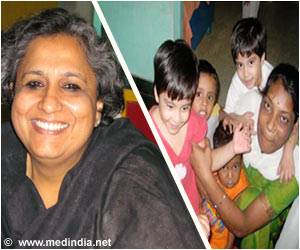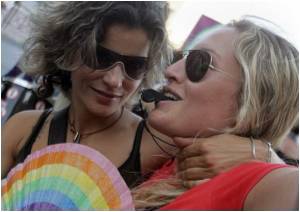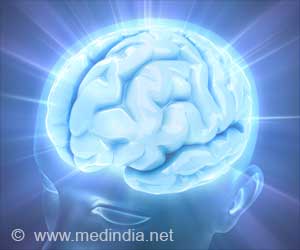Magdalene Jeyarathnam, Director of Center for Counselling, tenders an insightful discussion on the acculturation of Lesbian, Gay, Bisexual and Transgender community and society.

A. Who told or taught heterosexuals to be heterosexuals? If attraction between a man and a woman is ‘natural’ without being instructed, then why is it hard to believe that it is just as ‘natural’ for a man to be attracted to a man or a woman to be attracted to a woman or for a person to be attracted to both sexes? We are adding value and moral aspect, thinking sex can be only in one way. Similar to food preferences, tastes in sexual behaviour also vary.
Q. Incidence of homosexuals taken to therapies to ‘change’ a person’s sexual preference has been prevalent. Is it advisable?
A. It is unethical practice to give conversion therapy to people comfortable with their same sex orientation. When a woman is attracted to a woman but does not want to feel attracted, feels guilty about her attraction, she will have to go for Reparative Treatment or Behavioural Modification. Treatment is recommended only if the ego is not in line with attraction. In the 1950s, after 200 years of research, the American Psychiatric Association decided against conversion therapy citing the irreversible damage it causes to the psyche. One has to work helping people accept themselves as they are, rather than change the person. Conversion will ensure the people will not be normal for the rest of their lives. The guilt continues, because the person can’t get away from the guilt.
Q. What is so difficult about ‘coming out’?
A. ‘Coming out’ is most difficult to parents when their offspring declares he or she has a different sexual orientation than the one normally accepted in society. Yet this can be the most liberating experience for the person, once the concerned family knows who you are, and there’s a sense of relief, “I’ve told them, they know.” There are parents who have known that their sons or daughters have been gays or lesbians for 10 to 17 years. There are also parents who say, “Yesterday, my son told me this, I wasn’t aware of it.” Sometimes when the coming out happens in our premises, some parents blackmail to commit suicide, threaten to disown them, or show their disapproval in some way. But most come out in their own homes or someone might say, “I saw your son dressed like a girl there, I saw your boy holding hands with another boy, and maybe he is lying because he does not like the girl”. A person confessing to being gay is not lying. He has not found a way to tell his parents or has not found ways to explain. We are not comfortable talking about sex to our children, so how can you think of a different sexual orientation revealed to parents. It becomes hard for children.
Q. How is it that there are more gay men coming out than lesbians?
A. The conditioning a person gets as a child explains why men and women are different. The sense of ‘I am a boy’ or ‘I am a man’ is the conditioning family and society gives him. A child does not know what it is to be a man or a woman. Apart from the genitals and the physical self, everything about a person is conditioned. Masculinity and femininity are absolutely conditioned. A boy may think of himself as female, “This body does not belong to me, I am actually a girl”. Here there is a dissonance between the physical and emotional because from his small age the person has grown up believing he is a girl. “But society sees me as a boy, I don’t know why. I want to play with dolls but my parents want me to fly a kite.” The boy has to be bold; he has to be brave, because you are training a male. Transgender people doing male to female transition are much more comfortable because of male conditioning they have received since childhood. Reversely, female to male transition is difficult because of female conditioning. A girl is told not to talk back, not to beat back. So they conform to pressures, and constantly stay in a state of ‘not satisfied’ and too afraid to come out. Some want their uterus removed because it menstruates. Hence the most invisible is female to male transition.
With more people boldly coming-out and the younger generation having no qualms about homosexuality, Magdalene Jeyarathnam, as a matter-of-fact commits to saying, “Our rights and wrongs are constantly changing. Our value system 10 years ago is not the same today. Eventually things will change, they are changing. The vehemence with which people condemn homosexuality will soon fade away, the debate will cease”.
Source-Medindia









